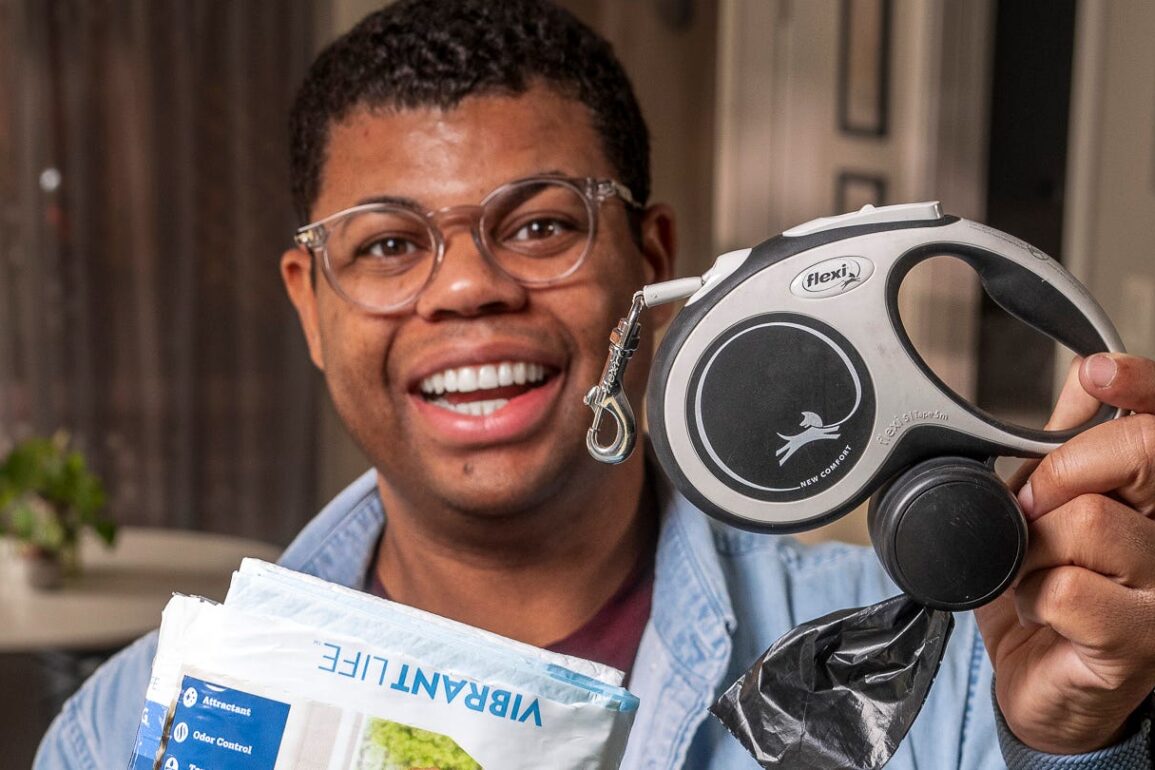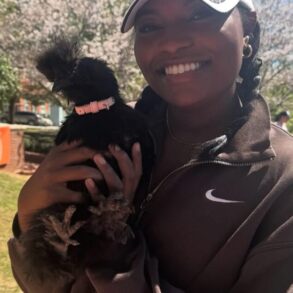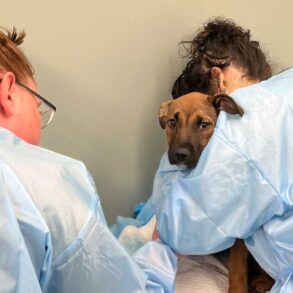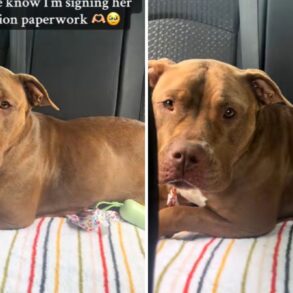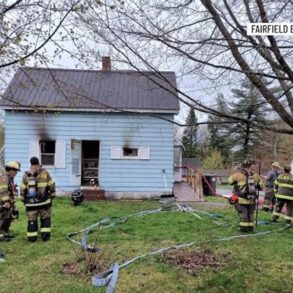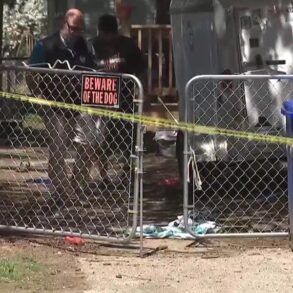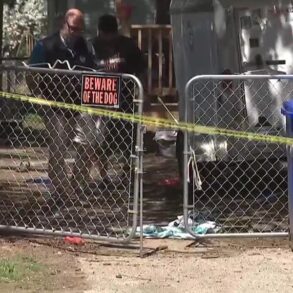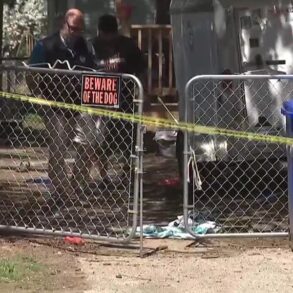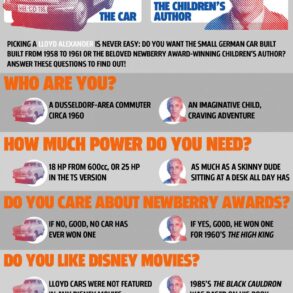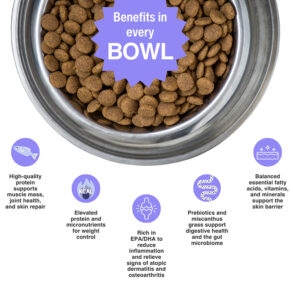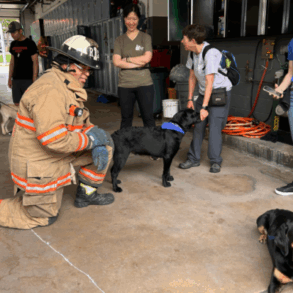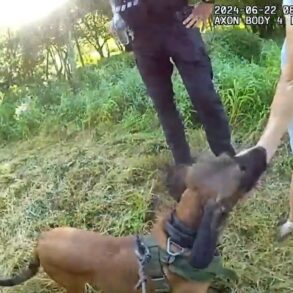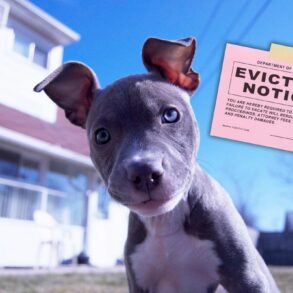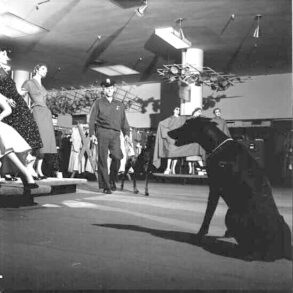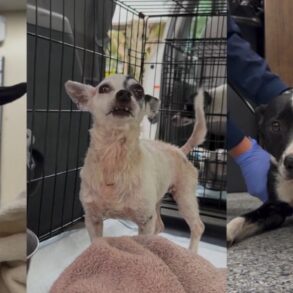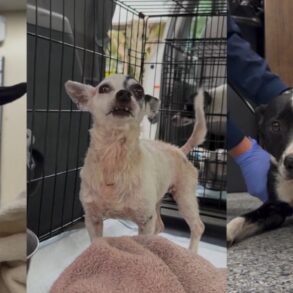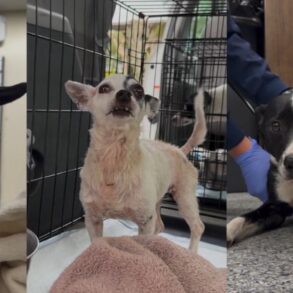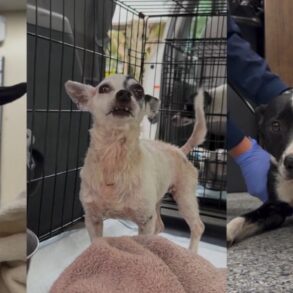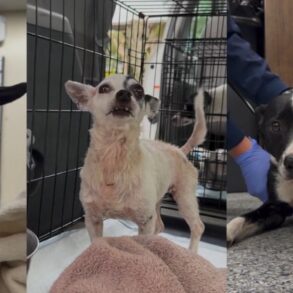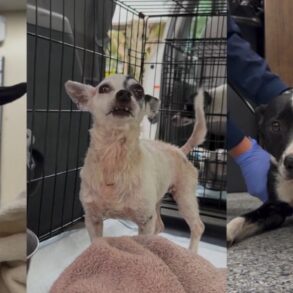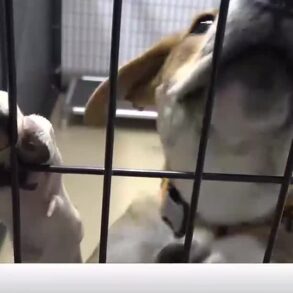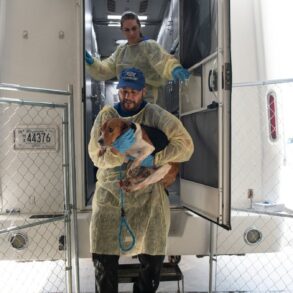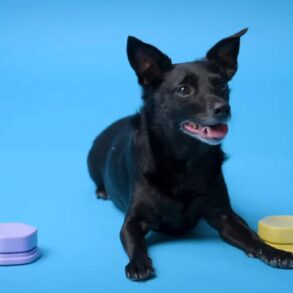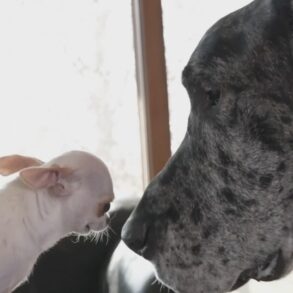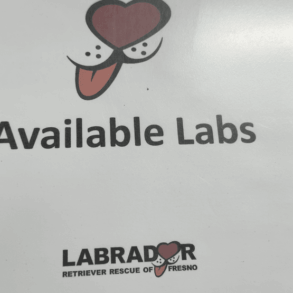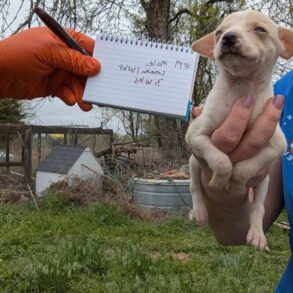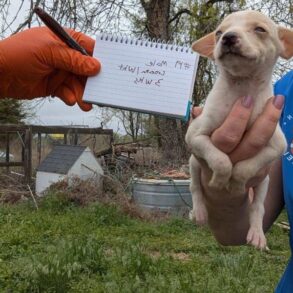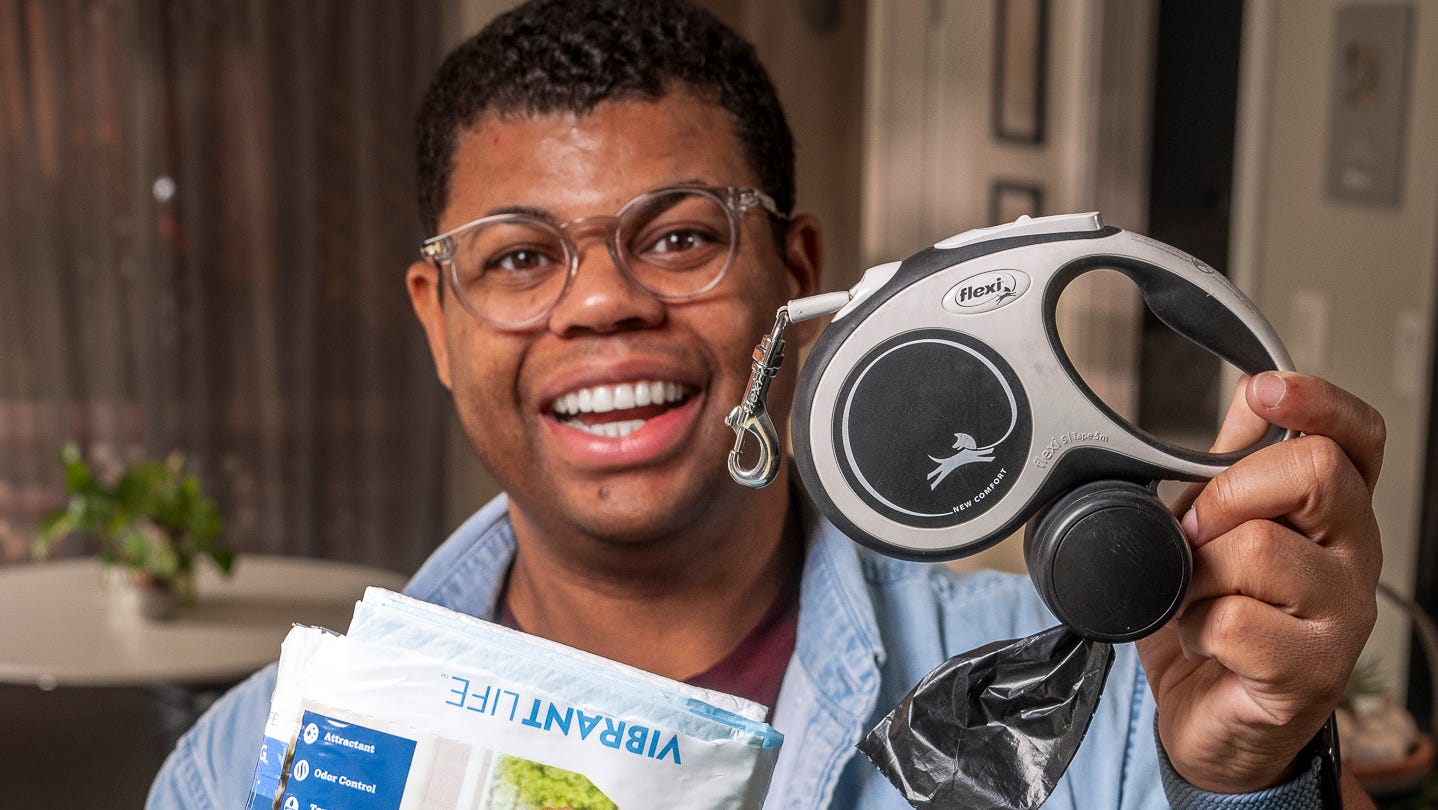
How to make your home safe for a new puppy
Discover how to prepare your home for a new puppy, keeping both your furry friend and your belongings safe.
Problem Solved
New York has almost a dozen problem puppy mill breeders and dealers, according to an annual study conducted by the Humane World for Animals.
The nonprofit animal protection organization, formerly known as the Humane Society of the United States, released their “Horrible Hundred” list this month, which details violations or concerns at 100 problem puppy mills and sellers across the U.S.
“The Horrible Hundred is not a list of the worst dog breeders in the country, since many breeders are never inspected, and documentation of their conditions may not be available,” the report states. “The public can do its part to stop supporting puppy mills like the ones in this report by choosing adoption first when getting a pet, or by getting pets only from carefully screened breeders they meet in person at the location where the pets were raised.”
Here’s what to know.
What is a puppy mill?
Puppy mills are dog breeding operations where the animals aren’t being consistently cared for, Humane World for Animals says. This could include inadequate housing, nutrition and veterinary care as well as inappropriate breeding.
Which states are on Humane World for Animals’ list?
According to Humane World for Animals, their list isn’t comprehensive because there are around 10,000 puppy mills nationwide and many of them aren’t inspected. Here’s which states were featured on this year’s list:
- Missouri (26 dealers)
- Ohio: (16 dealers)
- Iowa: (12 dealers)
- New York (11 dealers)
- Pennsylvania (11 dealers)
- Texas (7 dealers)
- Kansas (4 dealers)
- Wisconsin (4 dealers)
- Illinois (3 dealers)
- Oklahoma (3 dealers)
- Nebraska (2 dealers)
- Minnesota (1 dealer)
Where are New York’s problem puppy mills?
Of the 11 problem breeders and dealers highlighted by Humane World for Animals in New York, four are located in Steuben County and there’s one apiece in Suffolk, Yates, Ulster, Montgomery, Seneca, Wayne and Jefferson counties.
Federal and state agencies cited New York breeders included in the report for issues ranging from matted dogs, excessive fecal matter and contaminated water bowls to selling a puppy without disclosing a known health condition, two dogs with scabs and hair loss on their faces from injuries and several dogs with injuries who had not received adequate treatment.
What has New York done to combat puppy mills?
As of December 2024, retail pet stores in New York are banned from selling dogs, cats and rabbits in an attempt to stop the puppy mill pipeline. Stores that continue to sell pets can face up to $1,000 per violation.
How did Humane World for Animals analyze problem puppy mill breeders and dealers?
Humane World for Animals’ goal for their “Horrible Hundred” report is to keep the public informed about puppy mills and to garner the attention of government agencies and policymakers to enhance and keep up on the enforcement of problem puppy mills.
Here are some of the factors the organization takes into consideration when compiling their annual list:
- Availability of state kennel inspection records showing violations or related documents
- Availability of federal breeder or broker inspection reports showing violations, “teachable moments” or related documents
- Federal, state or county official warnings or fines
- Quantity of violations found on state or federal inspection reports and/or the severity of the violations
- Whether a seller appears to be providing misleading or potentially fraudulent information to puppy buyers
- Whether a facility’s violations or other issues seemed newsworthy and of interest to the public
- Whether the dealer was listed in one of Humane World of Animals’ prior reports and has continued to accumulate violations since then
- Availability of consumer complaints, investigation reports, photographs and/or news articles, undercover photos and video taken by Humane World of America investigators
- Indications the facility appeared to be in business or in possession of an active license at the time of publication
Emily Barnes reports on consumer-related issues for the USA TODAY Network’s New York Connect Team, focusing on scam and recall-related topics. Follow her on X and Instagram @byemilybarnes. Get in touch at ebarnes@gannett.com.
This post was originally published on this site be sure to check out more of their content.




